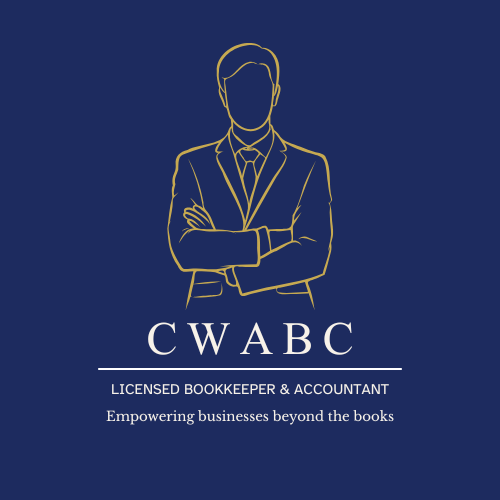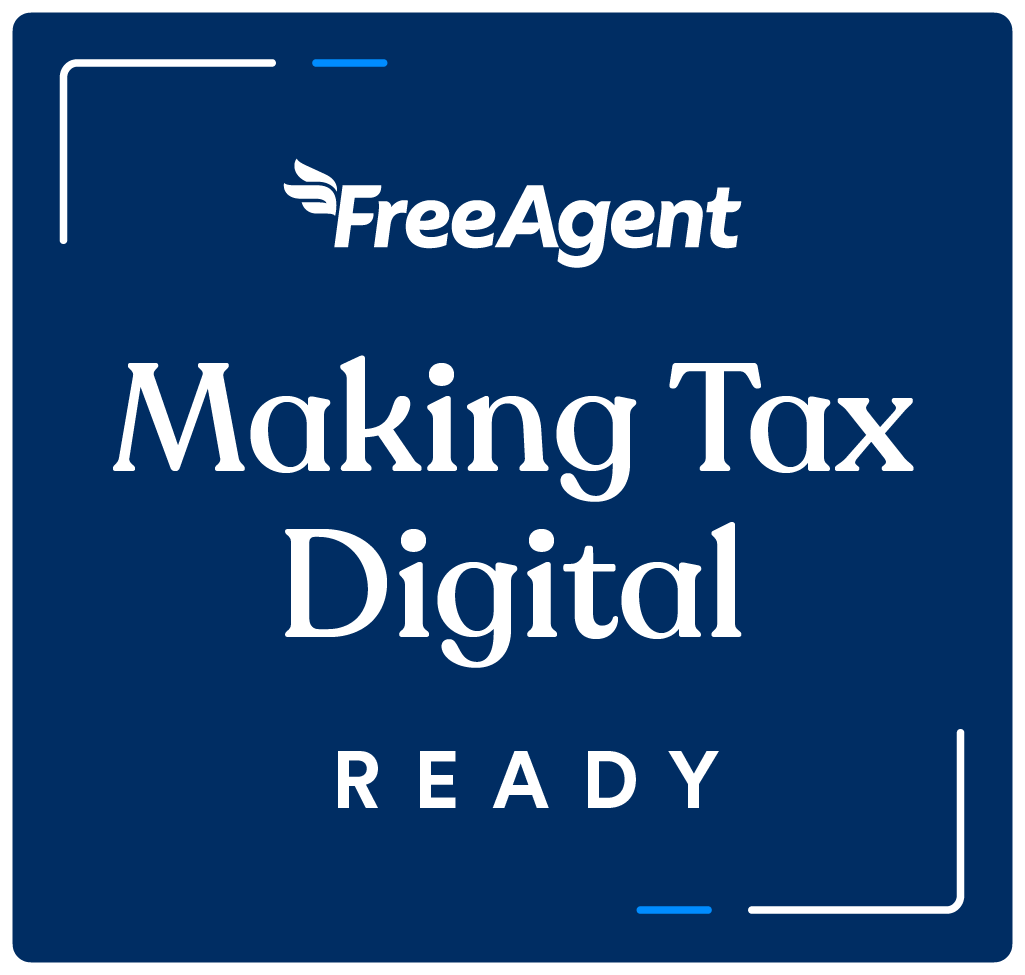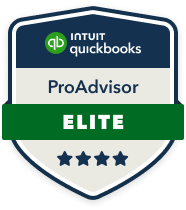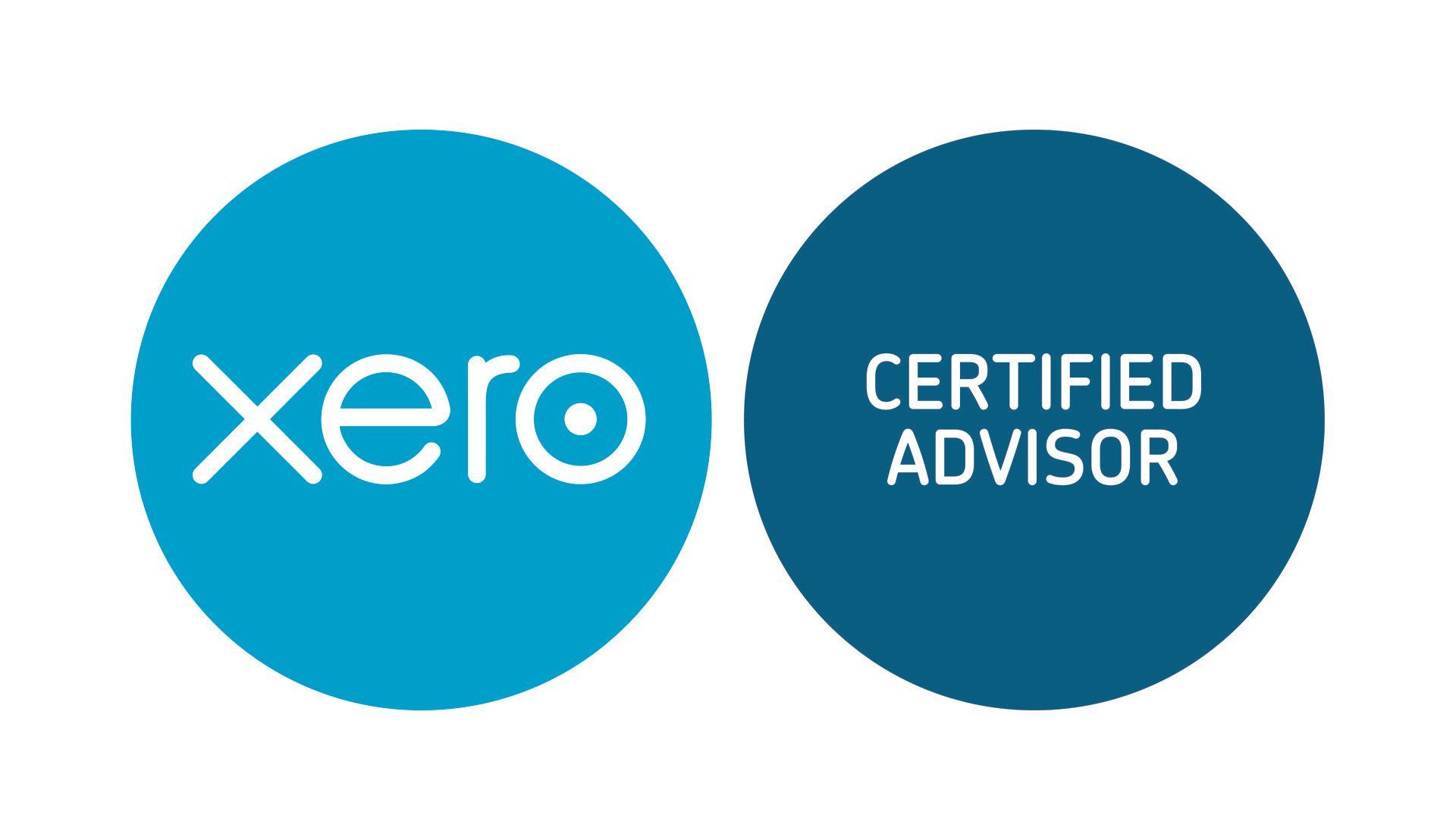Navigating Tax Deadlines: A Guide to Staying Compliant with HMRC
Introduction:
As a self-employed AAT licensed accountant based in Hildenborough, it's crucial to stay on top of tax deadlines to ensure your business runs smoothly and avoids penalties. In this blog post, we will dive into the various deadlines set by HM Revenue and Customs (HMRC) for the tax year that started on 6 April 2022 and ended on 5 April 2023.
1. Deadline for Notifying HMRC:
If you need to complete a tax return and haven't done so previously, you must inform HMRC by 5 October. You can achieve this by registering for Self Assessment, a process that is fundamental for maintaining compliance.
2. Paper Return Deadline:
For those opting for a paper tax return, the deadline for submission is midnight on 31 October 2023. It's essential to ensure all your financial records are in order well before this date to avoid last-minute hassles.
3. Online Return Deadline:
If you prefer to submit your tax return online, the deadline is midnight on 31 January 2024. Online submission often provides more flexibility and efficiency, making it a popular choice among self-employed individuals.
4. Payment Deadlines:
Tax payments must be made by midnight on 31 January 2024. Additionally, if you make advance payments (referred to as 'payments on account'), there is a second payment deadline on 31 July. Missing these deadlines can result in penalties, so timely payments are crucial.
5. Provisional Figures:
Sometimes, you might not know your profit for the entire tax year due to various factors. In such cases, it's essential to estimate your profit ('provisional figures') and inform HMRC accordingly. You can make adjustments later within 12 months of the Self Assessment deadline. Interest may apply if there's a difference between your estimates and the final figures, either as an amount due or a refund.
6. Different Deadlines:
There are exceptions to the general deadlines. For instance, if you want HMRC to collect tax owed directly from your wages and pension, you must submit your online return by 30 December. Trustees of registered pension schemes or non-resident companies, on the other hand, have a paper return deadline of 31 January. HMRC may also provide different deadlines if they were late in sending your return.
7. Partnership Returns:
If your partnership includes a limited company partner, and your accounting date falls between 1 February and 5 April, the deadlines for online and paper returns differ from the standard ones.
8. Previous Tax Years:
It's essential to remember that the deadlines mentioned above apply specifically to the 2022 to 2023 tax year. If you are dealing with tax returns from earlier years, the deadlines may have already passed. In such cases, it's crucial to submit your returns and payments as soon as possible to minimize penalties.
Conclusion:
Navigating tax deadlines is a critical aspect of maintaining your self-employed accounting business's financial health. Staying informed about these deadlines, ensuring accurate records, and meeting payment obligations are essential steps to avoid penalties and keep your business on the path to success. If you ever find yourself unsure about any tax-related matters, don't hesitate to seek advice from a professional accountant or tax expert.















